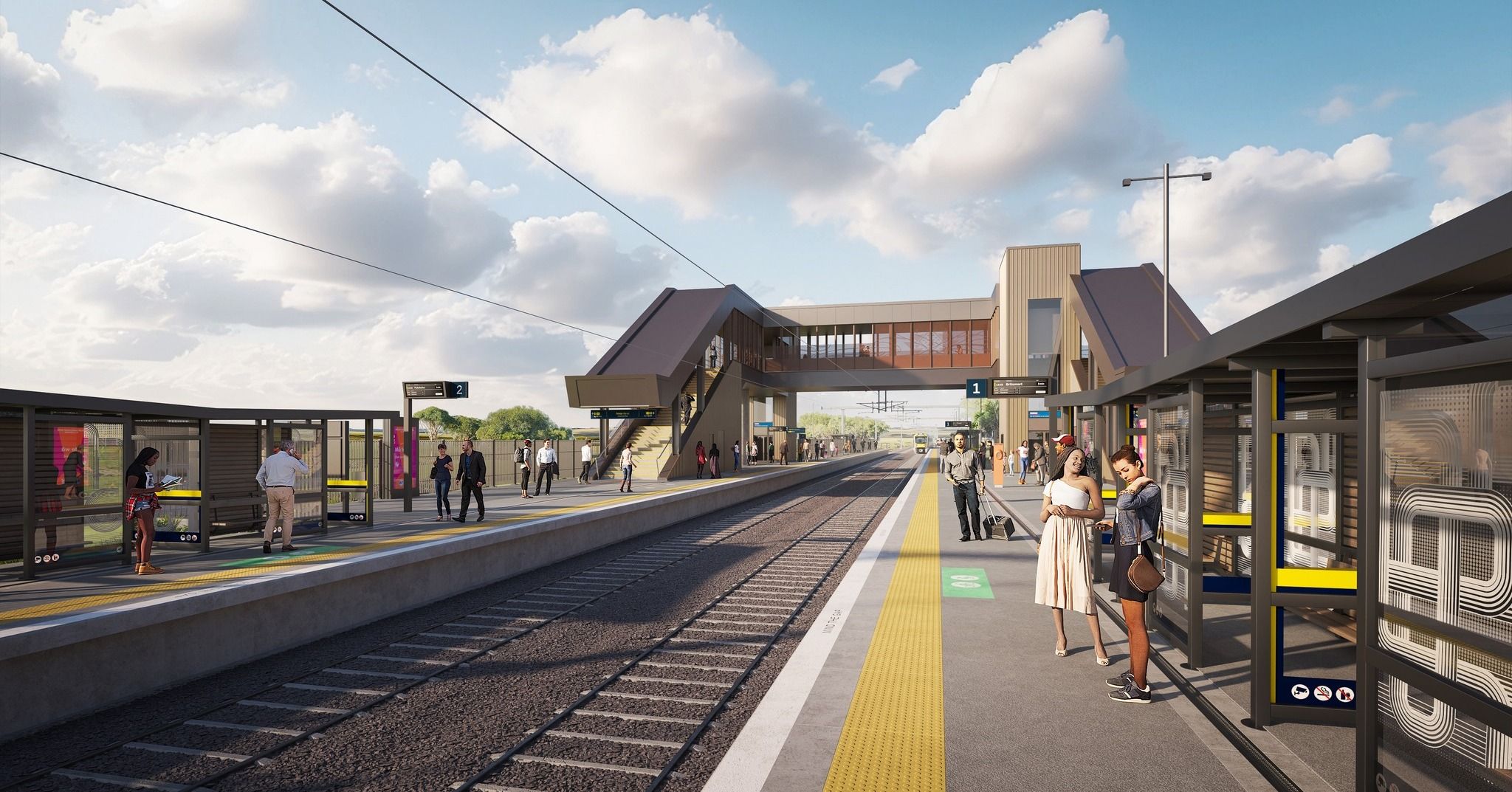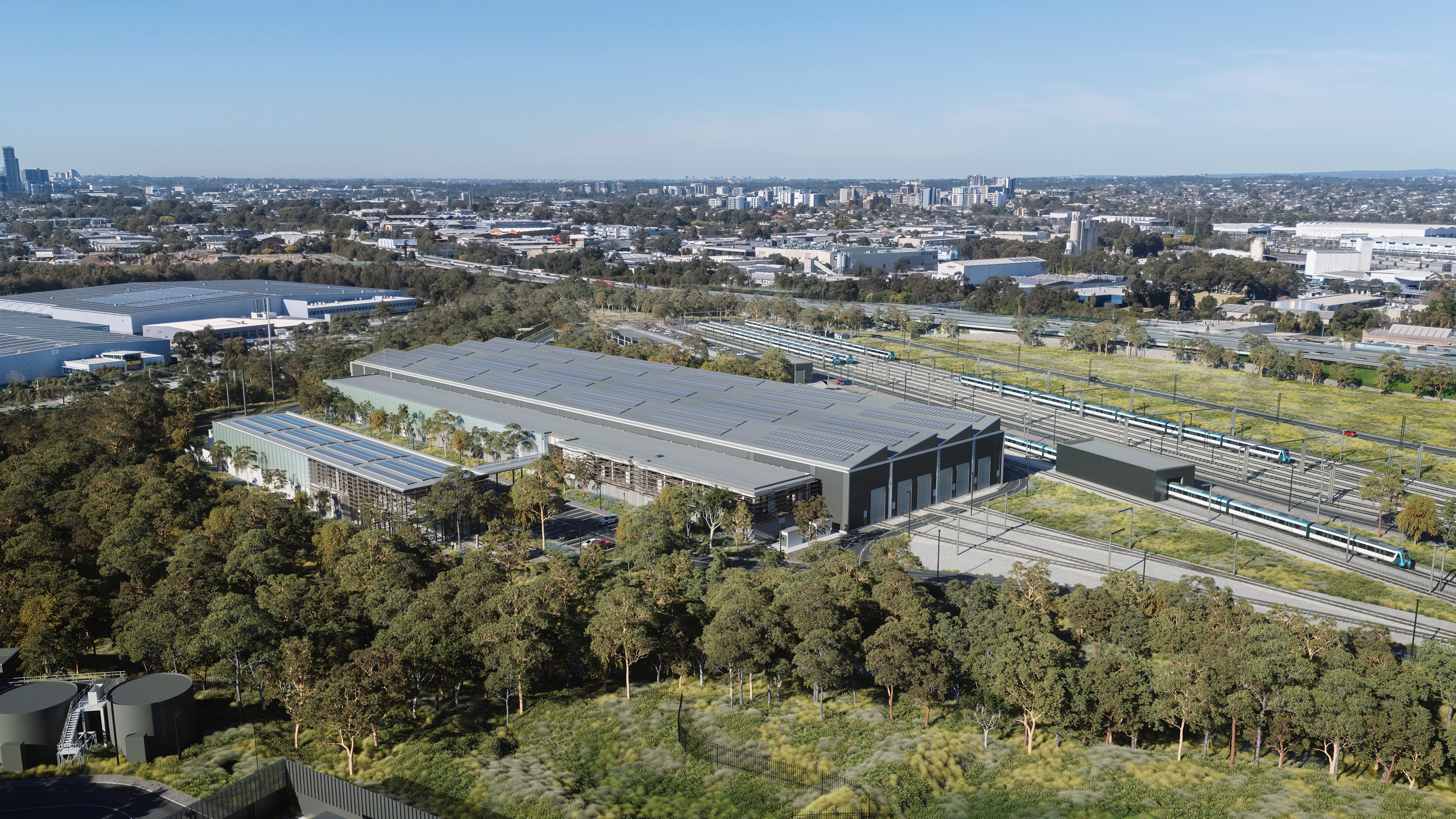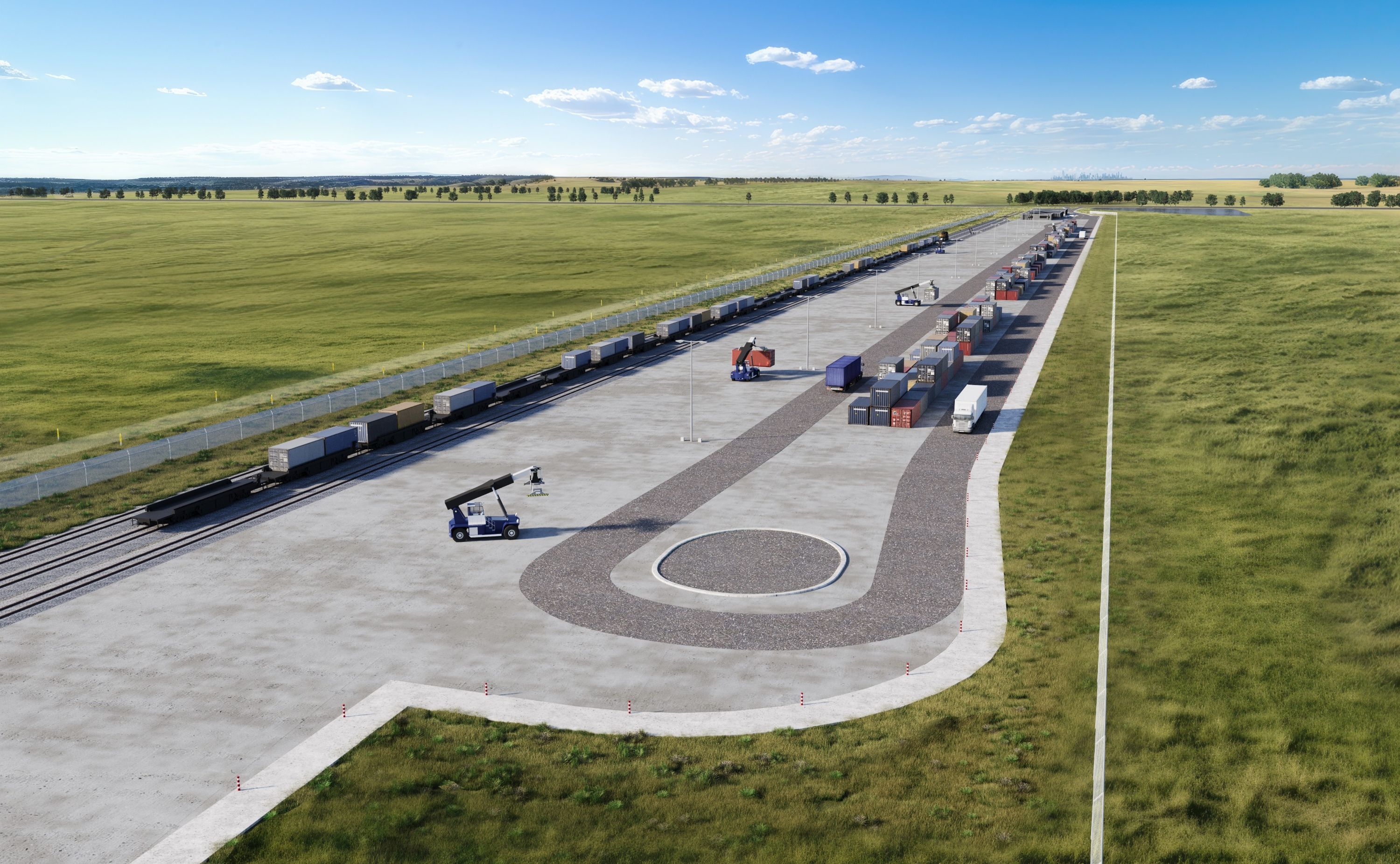In researching Flex from the Start, workers on three major John Holland projects in Sydney – the Waterloo Over Station Development, the M7-M12 Integration Project and Next Rail – trialled a range of flexible working practices including a five-day working week, a nine-day a fortnight roster, and tailored, individual flexible working plans.
The research found that leadership, planning and an “all-in” commitment were key drivers for having a successful, flexible workforce.
Participants in the research reported that they were able to see friends and family more, better decompress from work, and that their mental health and stress levels improved.
The trial also identified some challenges with implementing flexible working, particularly around long working hours in construction, with half of participants reporting working more than 50 hours a week, and an enduring culture that celebrated employees working long hours.
The Flex from the Start research was funded by the NSW Government’s Women in Construction Industry Innovation Program and was led by Melbourne University researcher Dr Natalie Galea.
The flexible working practices were codesigned between the workforce, project managers and researchers. Some of the practices included:
- “No meeting Mondays”, to alleviate pressure on people who worked weekends
- A five-day work week
- A variety of different pre-start meetings in the day to allow for flexi-shifts
- Site managers role modelling flexibility
- Regular 1-on-1 meetings between managers and employees to discuss options
- Condensed working fortnights
- A “flex board” on display to share when people were taking flex
Quotes from John Holland Chief Operating Officer David Lehmann:
“We know that as an industry we need to look at ways to encourage more women into our workforces, and that long work hours and a lack of flexibility are often barriers to this.
“It’s clear from the research that increasing flexible options can break down some of these barriers, and we’ll spend some time reviewing the results and look for opportunities to increase flexibility where we can.
“It wasn’t always easy and we know there’s more work to do, but it’s been a really valuable exercise to see what’s possible.
“We’re really grateful to all of our people who participated in this important research, as well as the NSW Government and Melbourne University for their support.”
Minister for Skills, TAFE and Tertiary Education Steve Whan:
“Construction is one of the most male dominated industries in Australia and it’s critical that we get more women into these roles, so we have the workforce to keep building and keep moving NSW forward.
“Things like a five-day week on site seem pretty simple in other industries, but in construction they can be really revolutionary.
“We’re very proud of the work the Women in Construction Industry Innovation Program is doing in this space, and we look forward to seeing more women joining the industry.”
Melbourne University researcher Dr Natalie Galea:
“Embedding flex on construction sites is hard to do. Project timelines, commercial agreements, industrial relations instruments, and long held industry norms dictate work practices that have long restricted women’s participation in the construction sector.”
“Flex from the start engaged with the construction teams to learn and design flexible work practices to meet the needs of employees and the project.”
“A greater focus on how projects are humanly resourced is needed from contractors and clients to enable flex in front line roles.”














